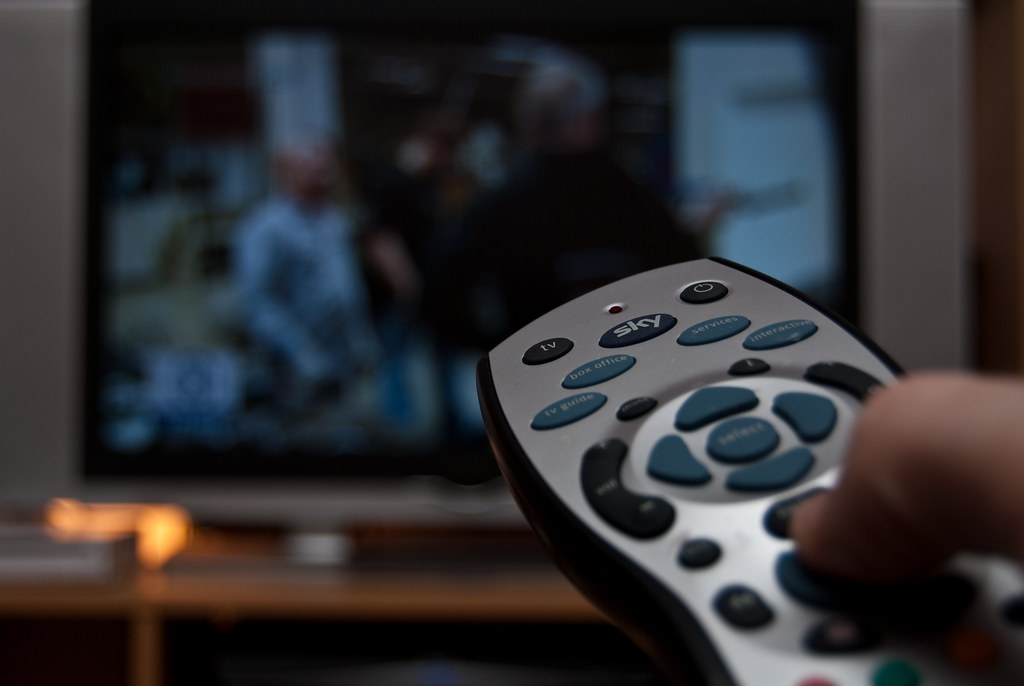It’s hard to turn around right now without seeing another ad for the next ultimate battle between bands of costumed superheroes and their legions of foes. With several “ultimate battle” superhero movies playing currently or coming to theatres in the near future, it makes me wonder how such a group would actually function. Would they fall into stereotypes for an actual family? I decided to examine one such group in terms of family dynamics.

http://www.newsweek.com/review-guardians-galaxy-vol-2-sequel-chris-pratt-zoe-saldana-marvel-589660
The team known as The Guardians of the Galaxy has appeared in two separate movies detailing their origins and exploits, and is slotted to be a part of the upcoming Avengers: Infinity Wars. If these heroes were an actual family, we would have to call them dysfunctional. They are drawn together out of necessity and mutual goals, but spend a great deal of time, especially in the first feature, arguing amongst themselves. Only towards the end of the first film do they begin to resemble a team in function, much less a family. Only as the first movie ends and the second begins, do we begin to see their clearly defined roles in the unit.
The Patriarch
This role is that of leader, not necessarily but sometimes the father-figure, and is certainly not someone who is infallible. For all the humanity and flaws this character possesses, it is someone that the rest of the team/family can look up to for guidance and moral support. For this family the role of patriarch is taken on by Peter Quill.
Peter is, by the end of the first Guardians movie, the undisputed leader who is tasked with deciding the direction the entire team will take going forward. Like a wise leader, he relies on input and support from the rest of his family, but accepts ultimate responsibility for their safety and happiness.
The Matriarch
The female leader of the family may or may not be the mother of a group, but she takes on a role of protection and support, especially for younger family members. In this family, the only candidate for matriarch is Gamora, who may or may not develop a relationship with the patriarch in her ongoing role.
Gamora from the beginning encourages the others to make the moral choice in destroying the Infinity Stone, and though she has an adversarial relationship with most of the others in the beginning, is drawn to care for each of the others. She calls Peter on his stubbornness, Rocket on his bad manners, and Drax on his impulsiveness. She provides the glue that slowly draws the group together.
Rival Siblings
Never in a family will every member always get along with each other. There will always be one or more, especially siblings, who sometimes make bad decisions and cause conflict amid the group. In the first movie, Drax impulsively tries to take on an army by himself, nearly resulting in the death of his family. The issue is resolved though, after a lot of yelling and pointed orders to “not do that again.”
In the second movie, Rocket, in a move rooted in his inner turmoil over his existence (i.e. teen angst), manages to anger the entire rest of the group with his behavior. In the end though, he realizes he does have a family and joins them in a bid to save themselves as well as the entire universe from the insane Ego.
Crazy Uncle
Every family needs an elder who, though not part of the core family, is integral to the wellbeing of the group. Yondu is antagonistic towards the Guardians on principal, but despite the fact that he kidnapped the young Peter actually became a father figure to him. While Peter stands between him and profit, Yondu cannot help but aid the younger main and his fledgling family when they are in danger.  http://www.digitalspy.com/movies/guardians-of-the-galaxy/news/a829430/guardians-of-the-galaxy-vol-3-plot-depends-avengers-infinity-war-ending/
http://www.digitalspy.com/movies/guardians-of-the-galaxy/news/a829430/guardians-of-the-galaxy-vol-3-plot-depends-avengers-infinity-war-ending/
In the second movie, Yondu turns his back on his associates and organization of the Ravagers to more fully accept his role in the team dynamic of the Guardians. He allies with them, partially out of selfish interests, but more so to save Peter’s life.
The Baby
The youngest member of the family is inevitably protected, if not outright spoiled, by the rest of the family. This person is sometimes overlooked by the group when matters turn serious, and may have to fight to make their value known. The “baby” of this family of course, is Groot. His limited vocabulary notwithstanding, he is sometimes underestimated by the others for his simple nature. However, he proves himself multiple times when it matters most, such as when he becomes a shield to save the others in the first movie. http://www.newsweek.com/review-guardians-galaxy-vol-2-sequel-chris-pratt-zoe-saldana-marvel-589660
http://www.newsweek.com/review-guardians-galaxy-vol-2-sequel-chris-pratt-zoe-saldana-marvel-589660
In the second movie, he is still growing out of the effects of that incident, but despite his much smaller stature, is hardly incapable. Despite his small stature and childlike behavior, he proves to be invaluable in getting into places beyond the reach of the rest of his family.
The main role of the family is to care about each other, to protect each other when possible, and to spend time together. So The Guardians of the Galaxy, while they may not be the ideal family, do prove themselves to be one.
Hope you and yours enjoy the next feature film, and I’ll see you soon.
Amy






